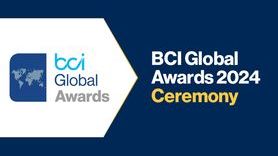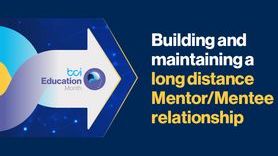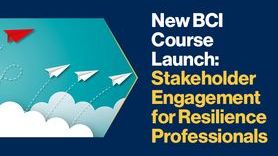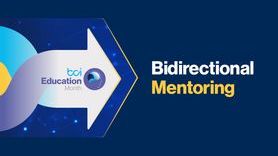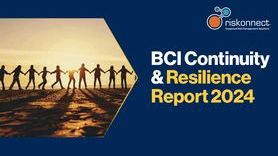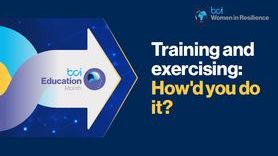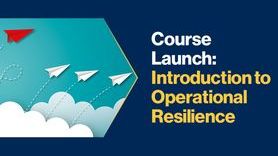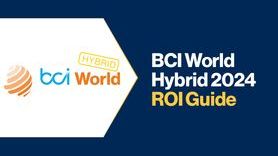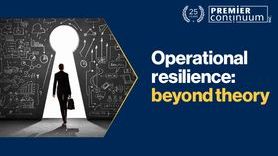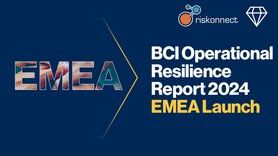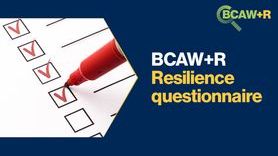CBCI 7.0 - What's New?

In a significant stride towards enhancing the field of business continuity, the much-anticipated CBCI 7.0 Certification Course has been launched, introducing several novel features and updates. Aimed at fortifying organizations’ resilience through meticulous management of professional practices, this certification course is poised to set a new standard in the industry.
Retaining the essence: The CBCI 7.0 course adheres to the existing structure and format of its predecessor, CBCI Certification Course 2018. This continuity ensures a seamless transition for practitioners while embracing the latest advancements in the business continuity management landscape.
ISO Integration: One of the standout features of CBCI 7.0 is its stronger links with business continuity-related ISO standards. Practical methodologies woven within the professional practices align with ISO requirements, providing a more comprehensive approach to business continuity management.
Closing the chapter on the Business Continuity Management Lifecycle: Notably, the term business continuity management system has replaced the previously used term "Business Continuity Management Lifecycle," highlighting a shift in perspective towards the realization of business continuity management.
The evolution of business continuity management: The course content reflects the progressive evolution of business continuity management as a discipline and the realization of business continuity management through the business continuity management system. This includes updated processes and terminologies in line with the evolving business continuity glossary.
Redefined Professional Practices: While the six professional practices remain, they now sport new titles:
- Professional Practice 1 – Establishing a Business Continuity Management System (previously Policy and Programme Management)
- Professional Practice 2 – Embracing Business Continuity (previously Embedding Business Continuity)
- Professional Practice 3 – Analysis
- Professional Practice 4 – Solutions Design (previously Design)
- Professional Practice 5 – Enabling Solutions (previously Implementation)
- Professional Practice 6 – Validation
Comprehensive content structure: The course content is thoughtfully structured, comprising an introduction, six Professional Practices, and a review module. An absence of a bespoke mock exam module promotes a more practical approach to assessment, encouraging a deeper understanding of the subject matter.
Clear learning outcomes: Each of the six modules boasts clearly defined learning outcomes, complemented by relevant slideshows highlighting subheadings and supporting guidance notes. This alignment with assessment criteria aims to streamline the learning process and enhance comprehension.
Interactive discussions: Instructors are empowered to engage with key discussion themes or topics at their discretion, fostering an environment conducive to dynamic interactions based on the students' nature and knowledge.
Flexible duration: The course is designed to span 24 hours of learning material, recommended to be delivered over 3 days. However, the flexibility extends to Licensed Training Partners, allowing them to opt for a 4 or 5-day delivery. Importantly, the duration must not exceed 5 full working days. There is also the option to take the course in 6 weeks – via the CBCI Online Course – which provides more flexibility for students.
Mock exam integration: A set of 90 mock exam questions, divided across the six professional practices, forms part of the CBCI courseware. This inclusion aims to reinforce understanding and test knowledge, ensuring students are well-prepared for real-world scenarios.
The CBCI 7.0 Certification Course represents a milestone in the field, offering a robust framework, updated content, and a closer integration with international standards, ultimately elevating the capabilities of business continuity and resilience professionals worldwide.








